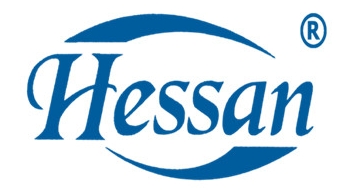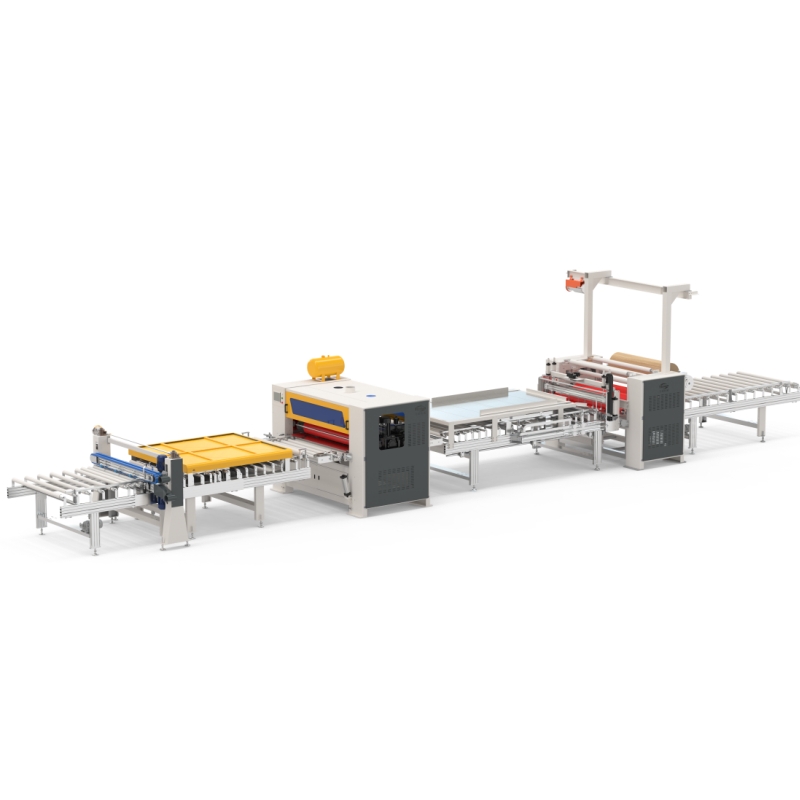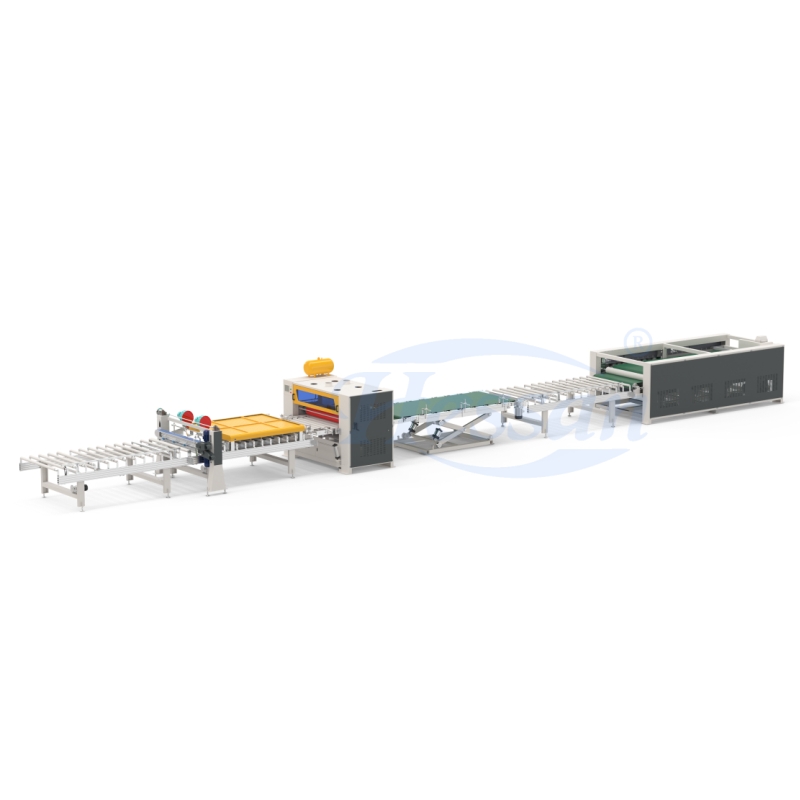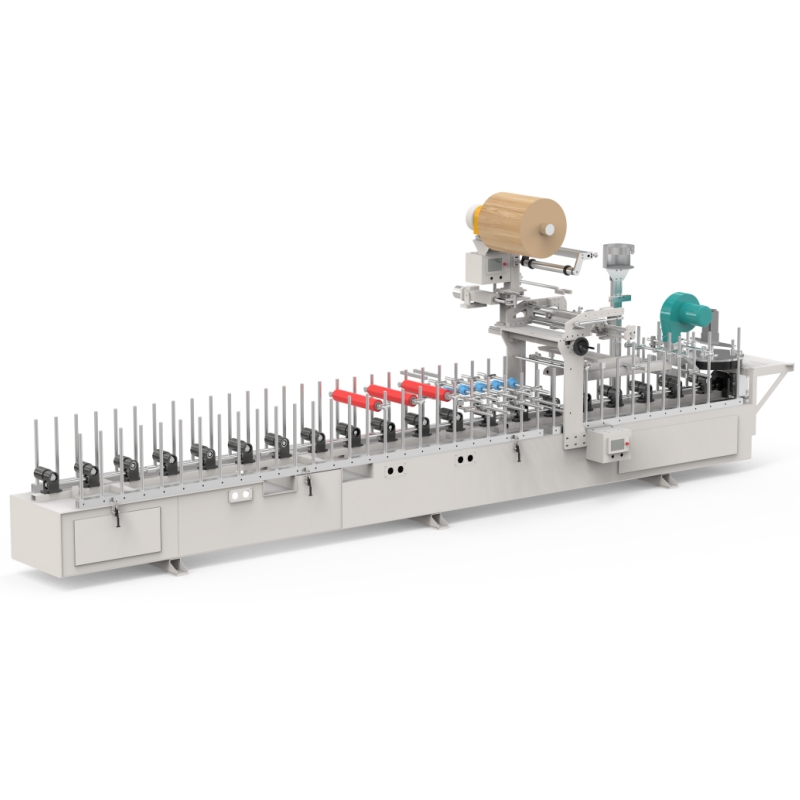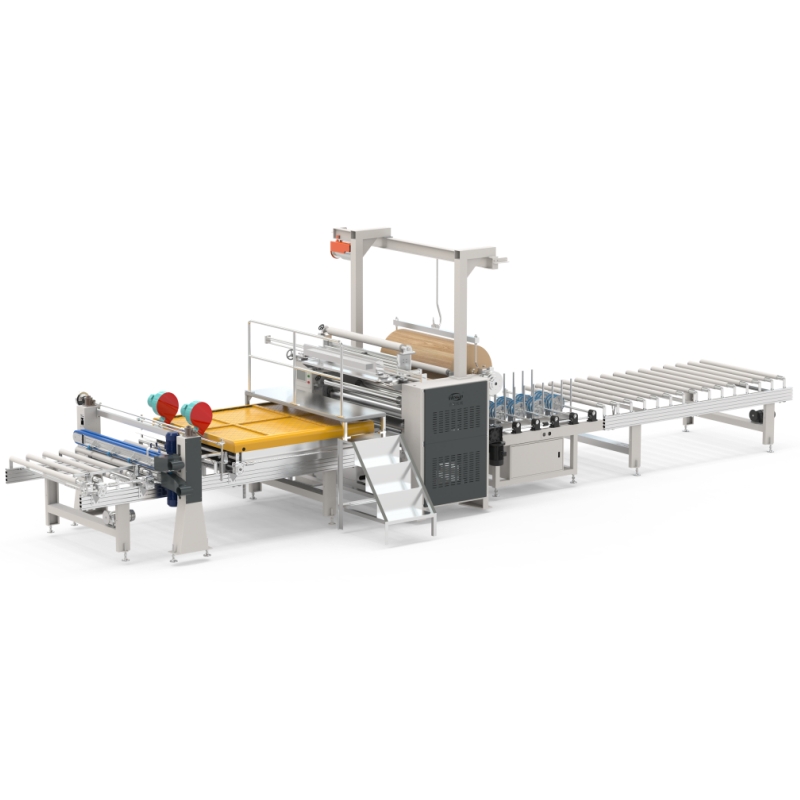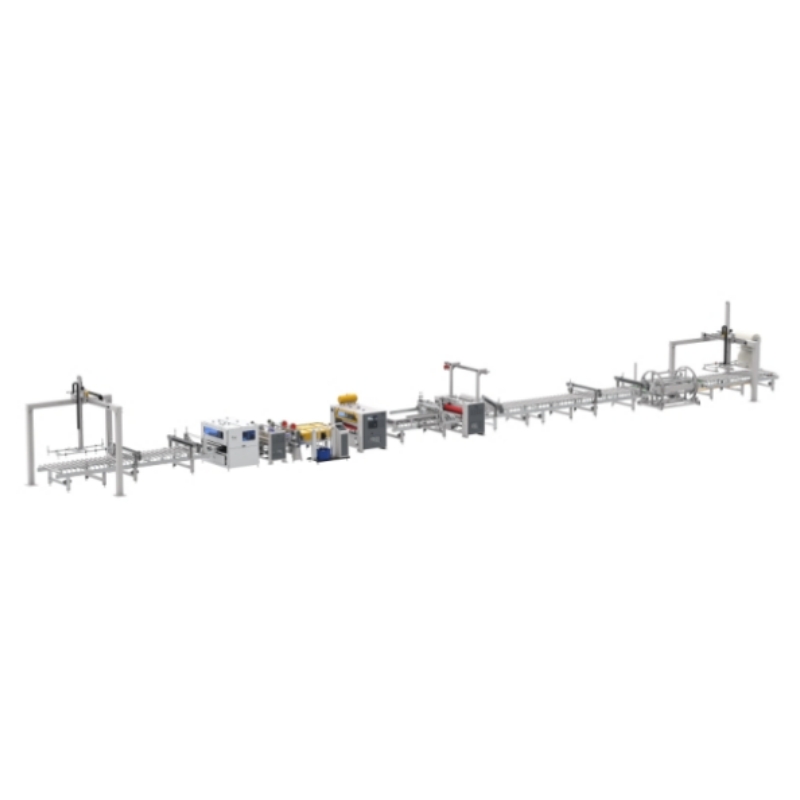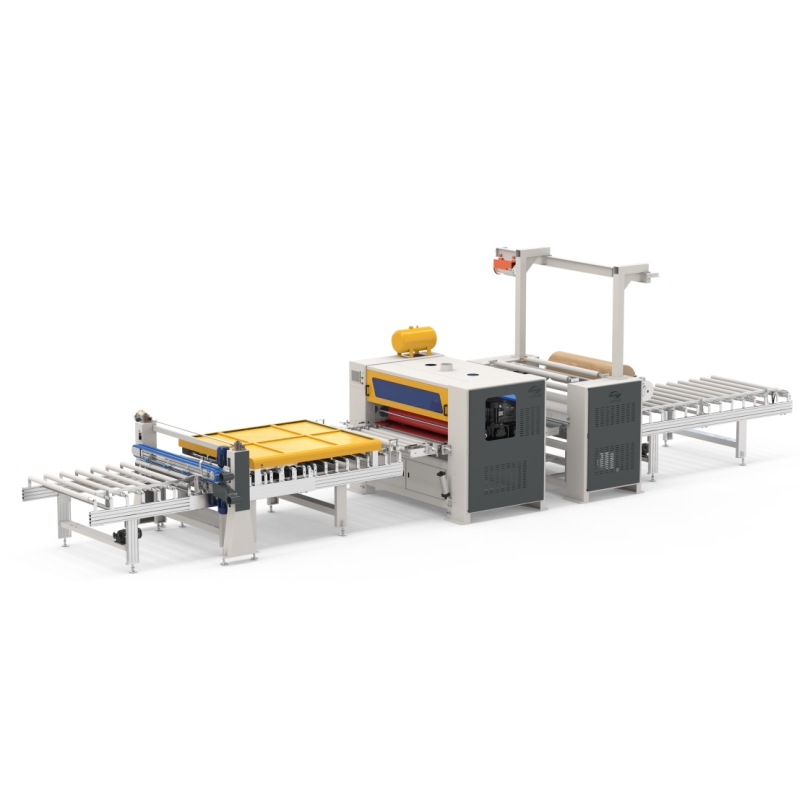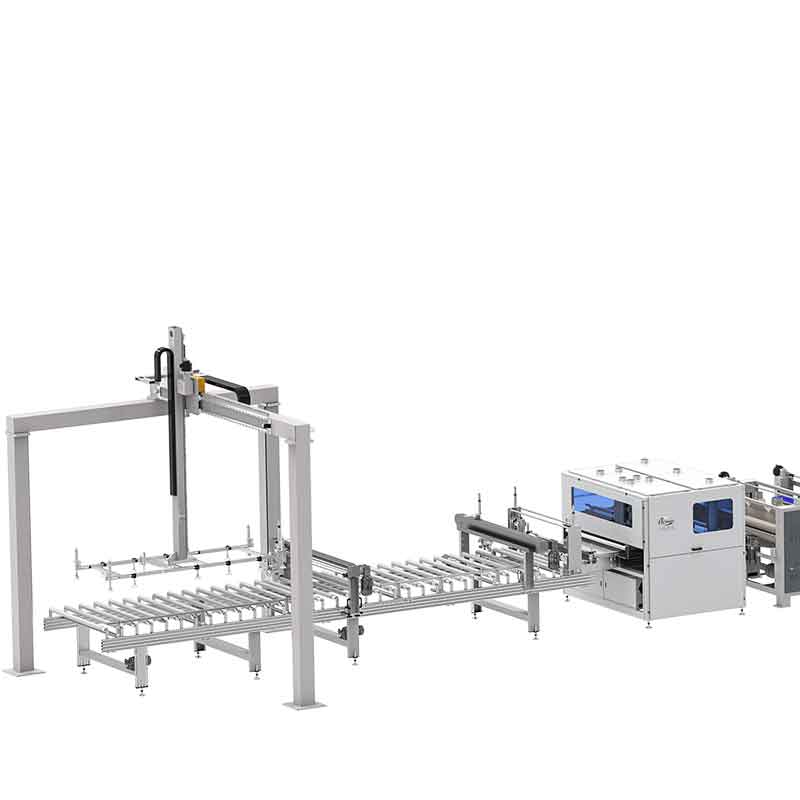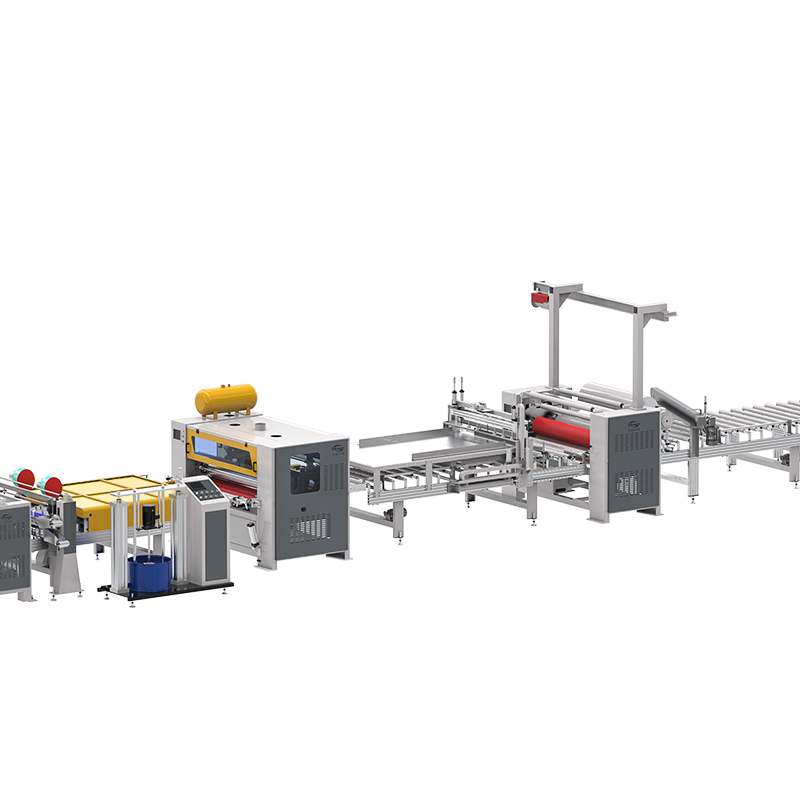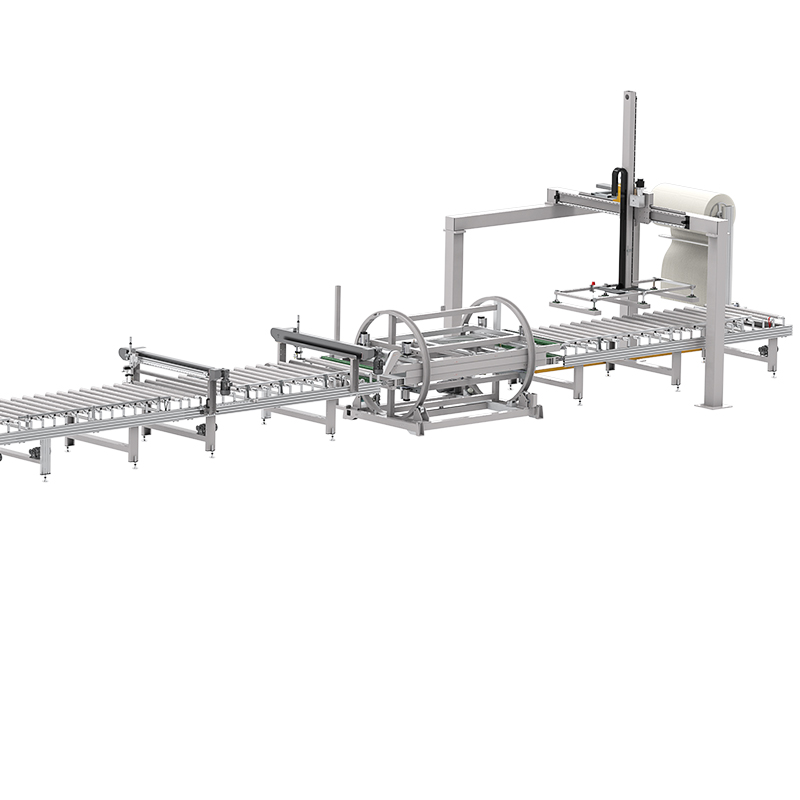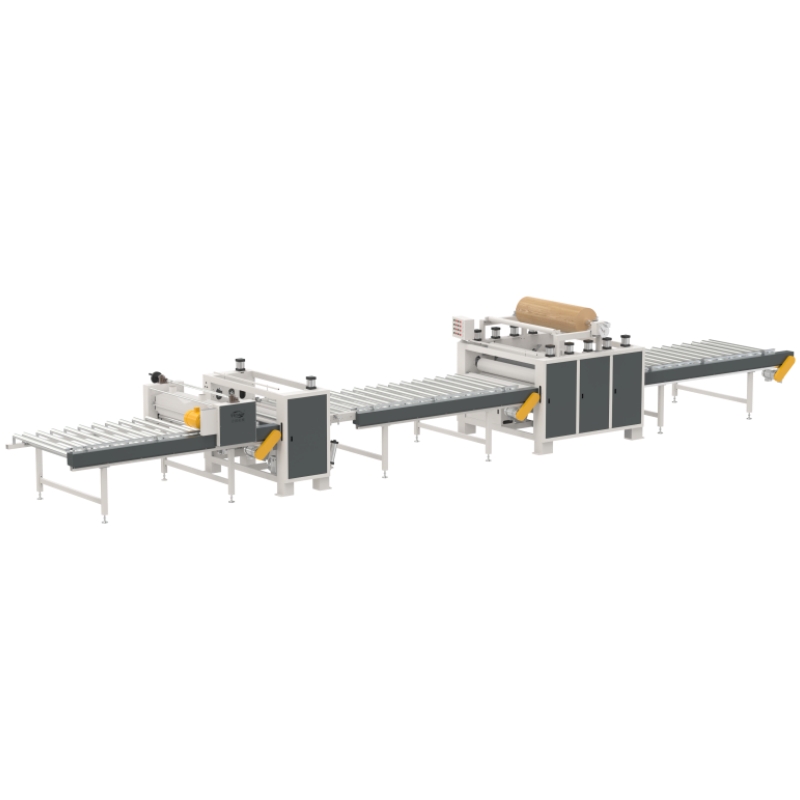In modern manufacturing and craftsmanship, acrylic (PMMA) and polyvinyl chloride (PVC) are used in a
wide variety of applications such as advertising, construction, and electronic equipment. Due to the
characteristics and uses of these two materials, it is important to choose the right adhesive for bonding.
The following is a detailed description of the glues suitable for pasting acrylic and PVC, including the
different types of glues, their advantages and disadvantages, and applications.
1. Acrylic glue
Features:
Acrylic glue is a type of glue specifically designed to bond acrylic and other plastic materials. Its main
ingredient is acrylic, which has strong adhesion and transparency.
Advantages:
HIGH TRANSPARENCY: Dries almost colorless and maintains the appearance of acrylic.
Fast curing: acrylic glues usually have a fast curing time, suitable for rapid production.
Good weatherability: resistant to UV rays and climate change, suitable for outdoor use.
Disadvantages:
Temperature sensitive: bond strength may be reduced in extreme temperatures.
Application Scenario:
Suitable for advertising signs, light boxes, display racks and other products that require aesthetics and
weather resistance. Acrylic glue ensures a strong bond between acrylic and PVC and is suitable for
long-term use.
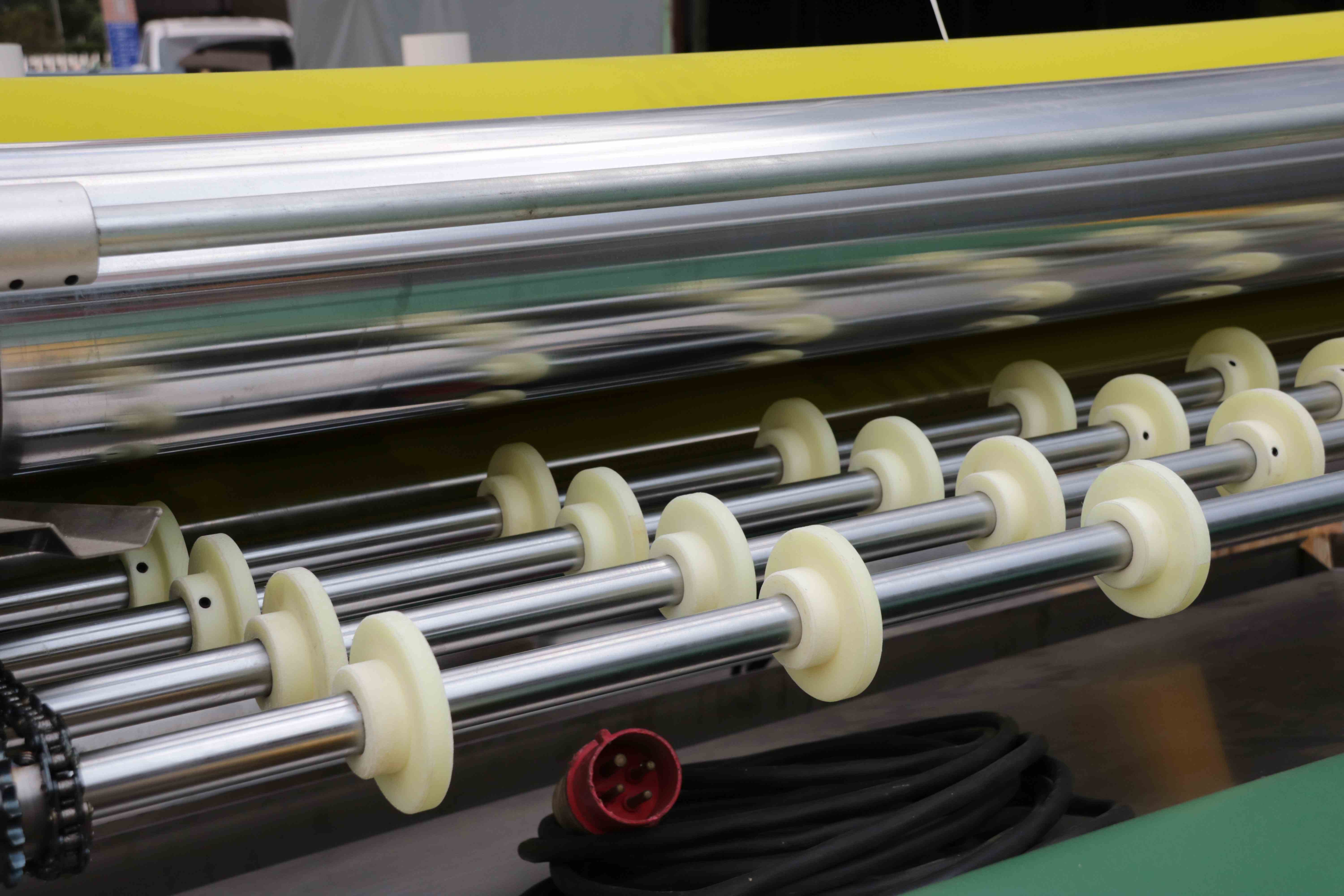
2. polyurethane glue
Features:
Polyurethane glue is a multi-purpose glue suitable for bonding a wide range of materials, including
acrylic and PVC.
Advantages:
Water resistance: excellent resistance to water and humidity, suitable for outdoor applications.
Good elasticity: cured with a certain degree of elasticity, able to withstand minor impacts and deformations.
STRONG BOND: Capable of forming strong bonds on a wide range of surfaces.
Disadvantages:
Long curing time: polyurethane adhesive needs some time to fully cure.
Application Scenarios:
Suitable for applications that require abrasion and weather resistance, such as building exteriors, outdoor
furniture and automotive parts. The strong bonding properties of polyurethane glues make them ideal for
industrial applications.
3. Epoxy Resin Glue
Features:
Epoxy glue is a two-component glue that usually consists of a resin and a hardener that provides an extremely
strong bond.
Pros:
SUPER STRONG BOND: Epoxy resins provide a very strong bond for heavy duty applications.
Chemical Resistance: Resistant to a wide range of chemicals, suitable for industrial environments.
High Temperature Resistance: performs well in high temperature environments.
Disadvantages:
Long curing time: takes a long time to fully cure and may not be suitable for projects that require quick
processing.
Complicated handling: requires precise proportioning and mixing when used.
Application Scenarios:
Suitable for high-strength industrial applications such as electronic equipment housings, mechanical
components and building structures. The strong bonding characteristics of epoxy resins excel in many
heavy-duty applications.
4. Silicone glue
Features:
Silicone glue is a silicone-based glue typically used in applications that require waterproofing and sealing.
Advantages:
Temperature resistance: good resistance to high and low temperatures, suitable for different climatic
conditions.
Good elasticity: maintains a certain degree of flexibility after curing, able to adapt to the thermal
expansion and contraction of the material.
Water resistance: good resistance to water and moisture.
Disadvantages:
Relatively weak adhesion: compared to other types of glue, silicone glue may have a weaker adhesion.
Application Scenarios:
Suitable for sealing doors and windows, bonding bathroom fixtures and other applications that require
waterproofing. The temperature resistance of silicone glue makes it perform well in high temperature
environments and is suitable for a wide range of use conditions.
5. Hot melt adhesive
Features:
Hot melt adhesive is an adhesive that melts when heated and cures when cooled, suitable for fast bonding.
Advantages:
Fast curing: hot melt adhesives cure quickly when heated and are suitable for rapid production and assembly.
Adaptable: able to be used on a wide range of materials, including acrylic and PVC.
Disadvantages:
Poor durability: hot melt adhesives may lose their adhesive strength in high temperature environments.
Application Scenarios:
Suitable for temporary fixing and quick assembly, such as toys, crafts and some light structures. Hot melt
adhesives perform well in short-term applications and are suitable for fast production lines.
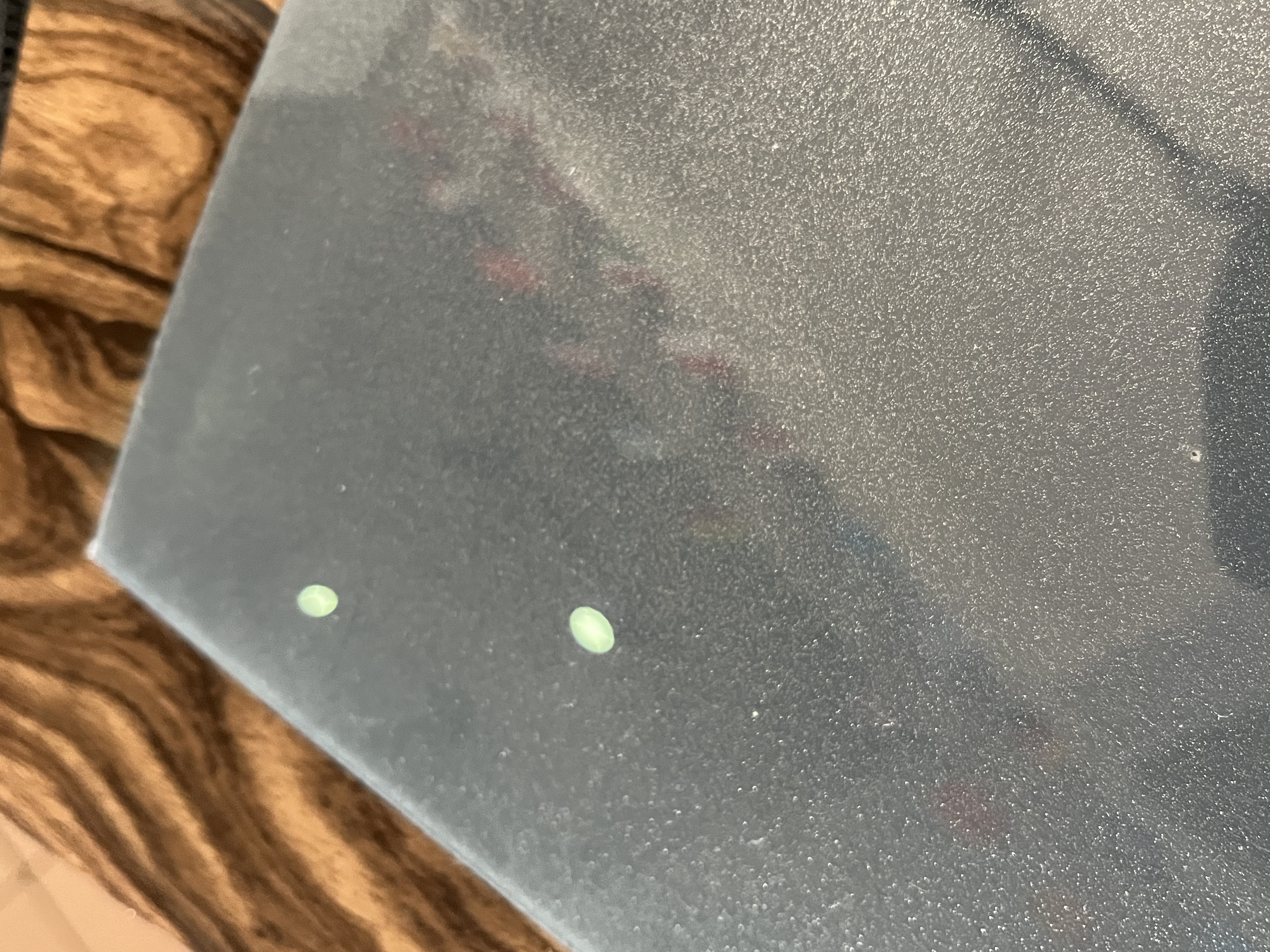
6. Acetic acid vinegar glue (white glue)
Features:
Acetate Vinegar Glue is a water-based glue with polyacetyl alcohol as the main ingredient, suitable for
simple bonding jobs.
Advantages:
Environmentally friendly: usually water-based glue, non-toxic and environmentally friendly.
Easy to work with: easy to use, suitable for home and small projects.
Disadvantages:
Weak adhesive strength: compared to other types of glue, acetate acetate glue is less strong.
Application Scenarios:
Good for simple home projects, crafts, and short-term applications. Although its bond is not as strong
as other glues, it is still usable in some low-strength applications.

Considerations for choosing a glue
When choosing the right glue for acrylic and PVC, consider the following factors in addition to material
compatibility:
Environmental conditions: Choose a glue that is suitable for the environment in which it will be used,
e.g. outdoor applications require consideration of weather resistance and UV resistance.
Load requirements: If the bonding area needs to withstand greater pressure or impact, it is recommended
to choose a glue with strong adhesive strength, such as epoxy resin or polyurethane.
Curing time: Different glues have different curing times, choose a glue that suits the time requirements
of the project.
Safety: Ensure that the glue selected is non-toxic and meets environmental standards, especially in
products used at home or by children.
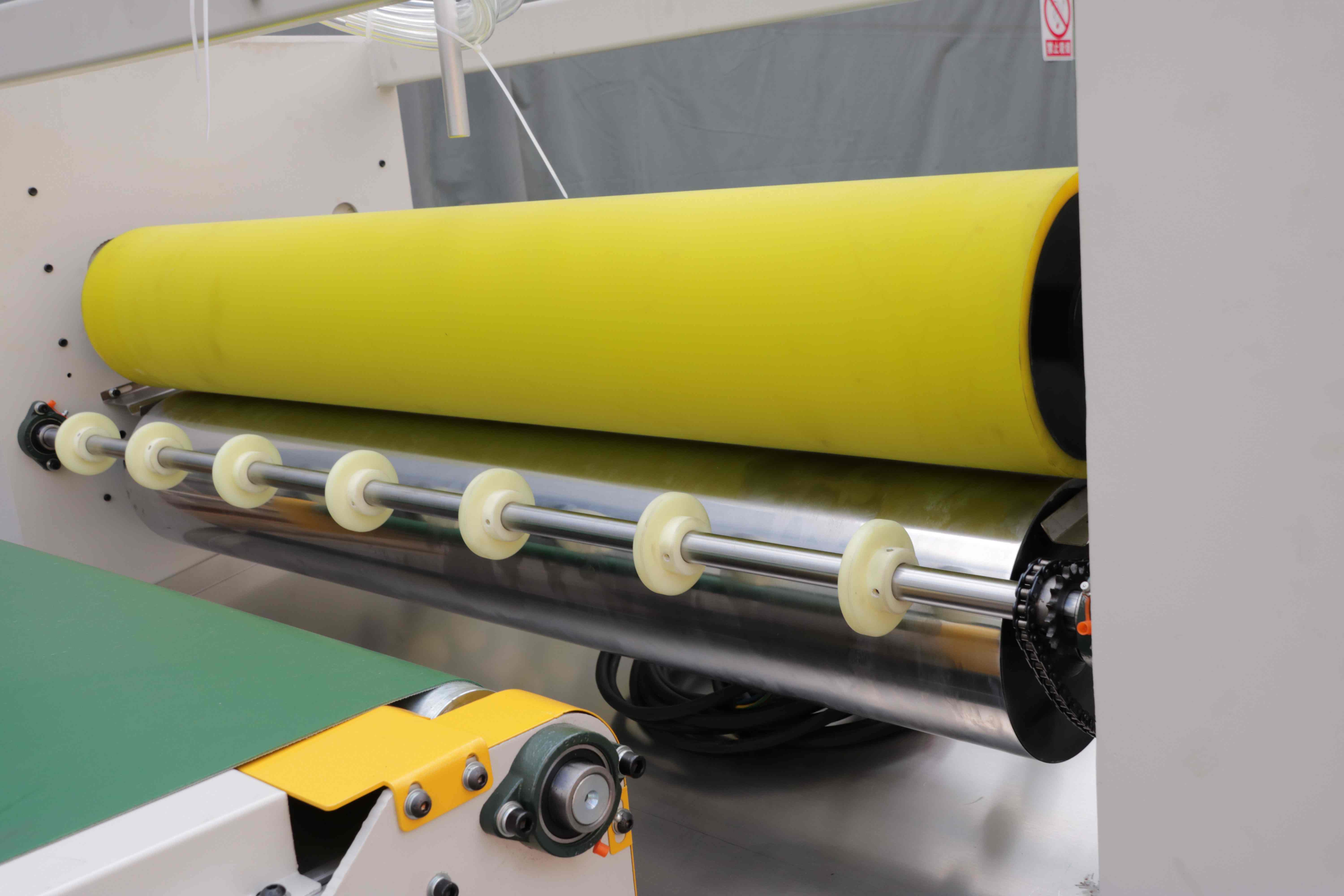
Conclusion
Choosing the right glue is critical for bonding acrylic to PVC. Depending on the specific application
needs, environmental conditions and loading requirements, the most suitable one can be selected from
acrylic glues, polyurethane glues, epoxy resins, silicone glues, hot melt adhesives and acetate vinegar
glues. Proper selection not only ensures bonding strength, but also enhances the overall quality and
service life of the product. By comprehensively considering the material properties and application
scenarios, the competitiveness and market value of the product can be effectively enhanced.
